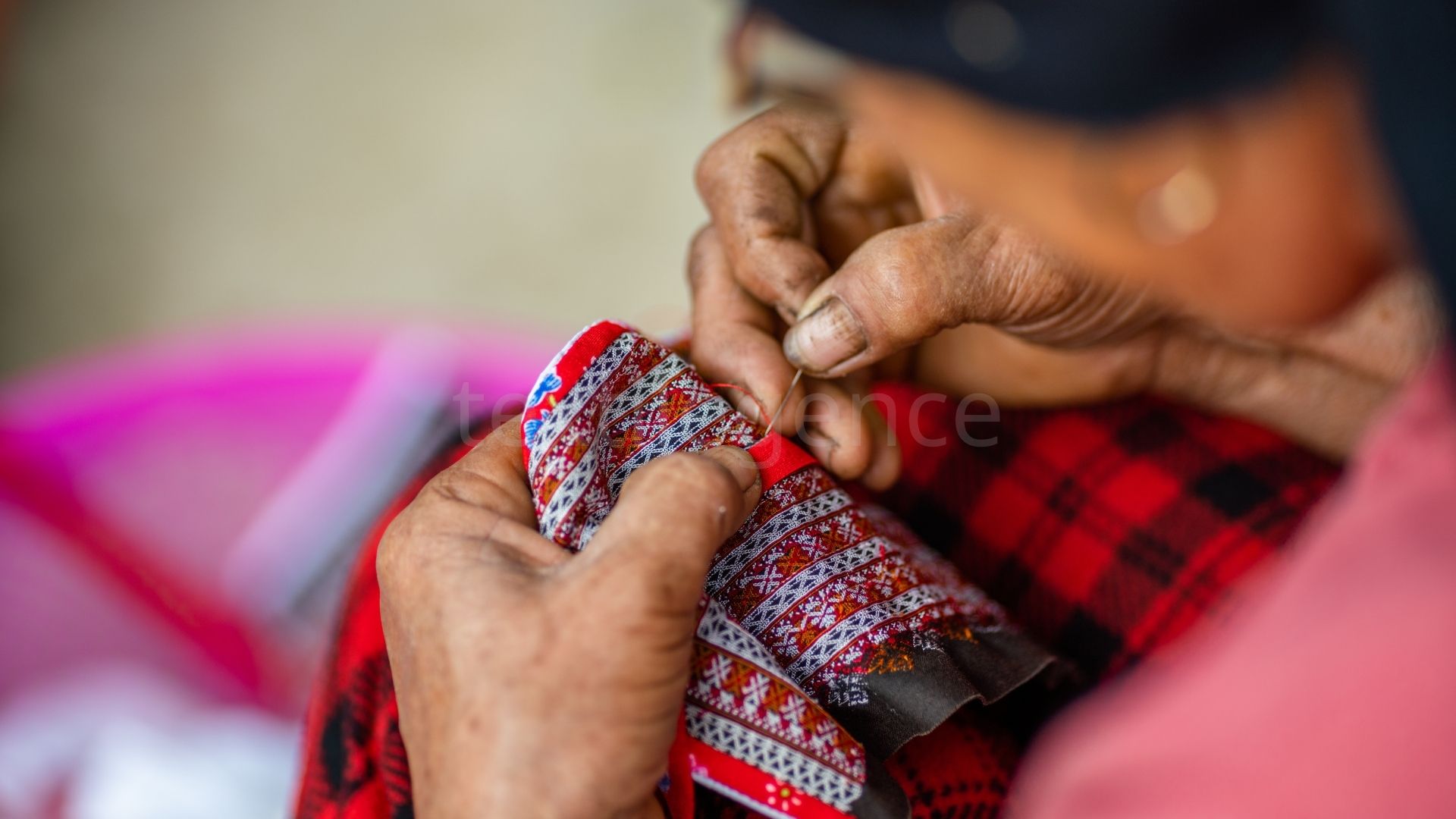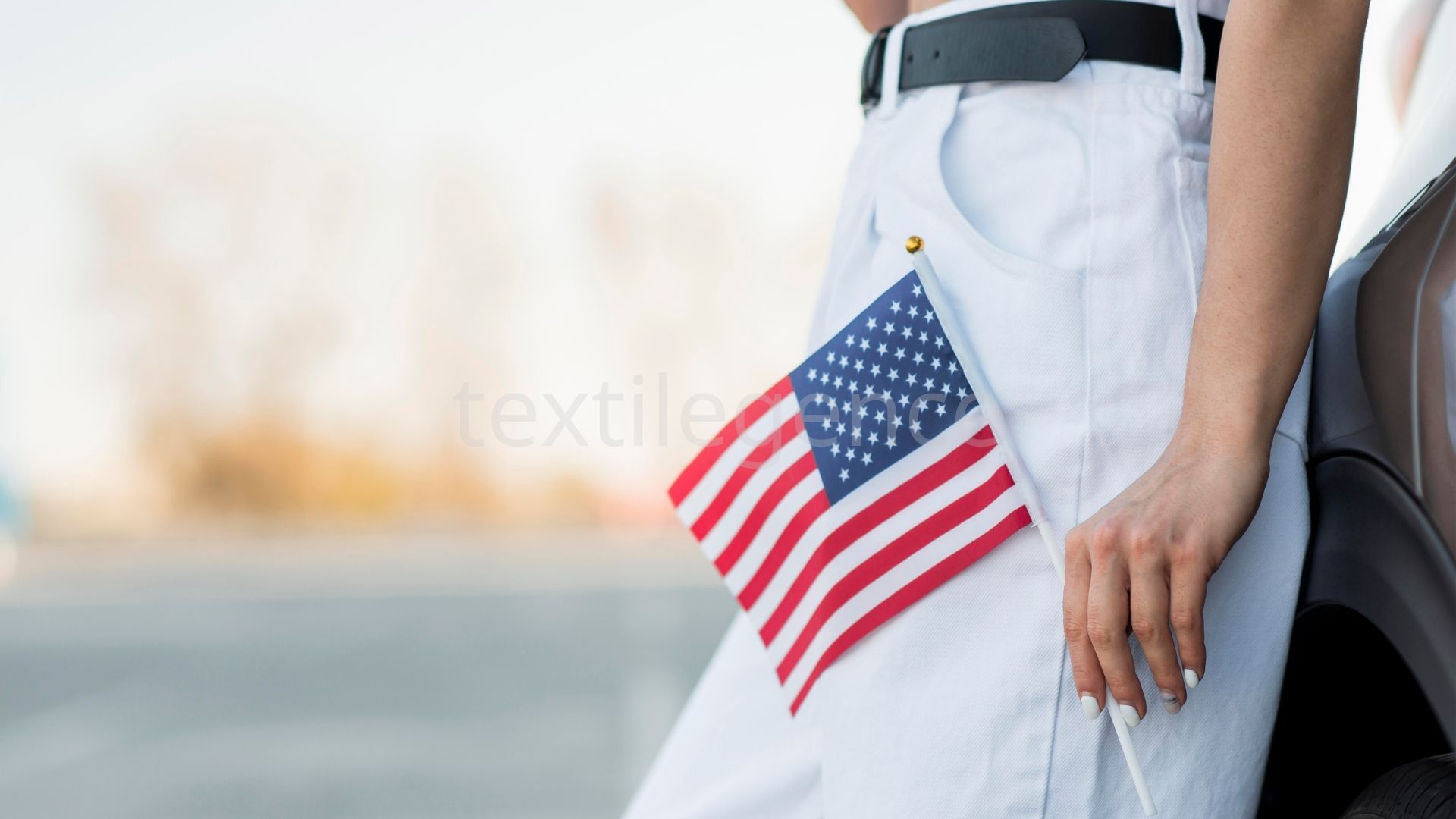United States Trade Representative (USTR), in honor of National Textile Day, has called out the unfair trade practices undercutting the U.S. textile and apparel sector. USTR said that China’s non-market policies and practices in the textiles and apparel sector provide unfair competitive advantages to its domestic manufacturers by enabling them to charge artificially low prices for their products. “U.S. textile and apparel manufacturers have been negatively impacted with 28 U.S. plants closing in the past 22 months” they disclosed and shared a thread on their official X account@:
“By mandating onerous eco-design requirements under the EU Strategy for Sustainable and Circular Textiles, steep extended producer responsibility fees, and the rollout of digital product passports with unrealistic implementation timelines, the EU has effectively imposed new non-tariff barriers that saddle U.S. exporters with burdensome compliance costs.
The United States imported $79.3 billion worth of apparel in 2024, 21% of which came from China.
Chinese e-commerce companies accounted for over 30% of all daily de minimis shipments into the United States, flooding our market with cheap apparel products while bypassing tariffs and evading trade enforcement mechanisms.
The influx of cheap apparel has decimated local industries, particularly in the Southeast United States.
USTR listed the “unfair practices” of other countries one by one
The post series continued by explaining how US producers have been disadvantaged in the global market as a result of the practices of other countries:
India’s textile industry benefits from high tariffs, opaque quality control rules, and a web of unpredictable import licensing requirements that disadvantage U.S. exporters.
Meanwhile, India’s export promotion schemes and production-linked incentives provide Indian manufacturers with a competitive edge, creating an uneven playing field for U.S. textile and apparel manufacturers.

Vietnam is the second-largest apparel supplier to the United States, capturing 15.15% of the U.S. textile and apparel import market—second only to China, but rapidly climbing.
Behind this surge are aggressive state-backed industrial policies and the prevalence of cheap, forced labor—Vietnamese textile and garment workers are only paid about $300 per month.
Kenya applies a 35% tariff on U.S. exports of secondhand clothing and many textile products are classified as “sensitive items” under the East African Community, some of which are subject to a 50% tariff.
These unfair practices significantly impact U.S. exporters who have limited access to Africa’s largest market for secondhand clothing. Meanwhile, China became the largest secondhand clothing supplier to Kenya in 2023, exporting nearly 5 times the value of U.S. exports to Kenya.
Exploitative labor conditions persist in Cambodia, specifically in the textile industry.
These unfair trade practices artificially suppress labor costs, giving certain Cambodian goods and services an unfair advantage in the U.S. market and in third markets. In 2024, the U.S. imported $3.8 billion in textiles from Cambodia.
The U.S. is facing an unprecedented surge of direct imports of cotton swabs, cotton rounds, cotton balls, and cotton squares from Türkiye.
The Turkish lira has devalued by 77.5% in the last five years, making Turkish exports significantly cheaper, despite no change in real production costs.
Bangladesh’s ready-made garment sector continues to be marked by pervasive labor rights violations, including insufficient fines for labor violations, poverty wages, 14-16 hour shifts in unsafe factories, and systemic anti-union discrimination. Moreover, garment workers in Bangladesh are only paid about $113 per month.
These unfair practices underpin ultra-cheap garment imports that undercut U.S. textile and apparel manufacturers.
In Peru, there are significant concerns with respect to freedom of association and collective bargaining in certain sectors, including in the textiles and apparel sector.
These unfair trade practices artificially suppress labor costs, giving certain goods and services from Peru an unfair advantage in the U.S. market.”
